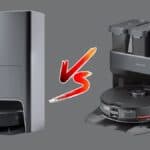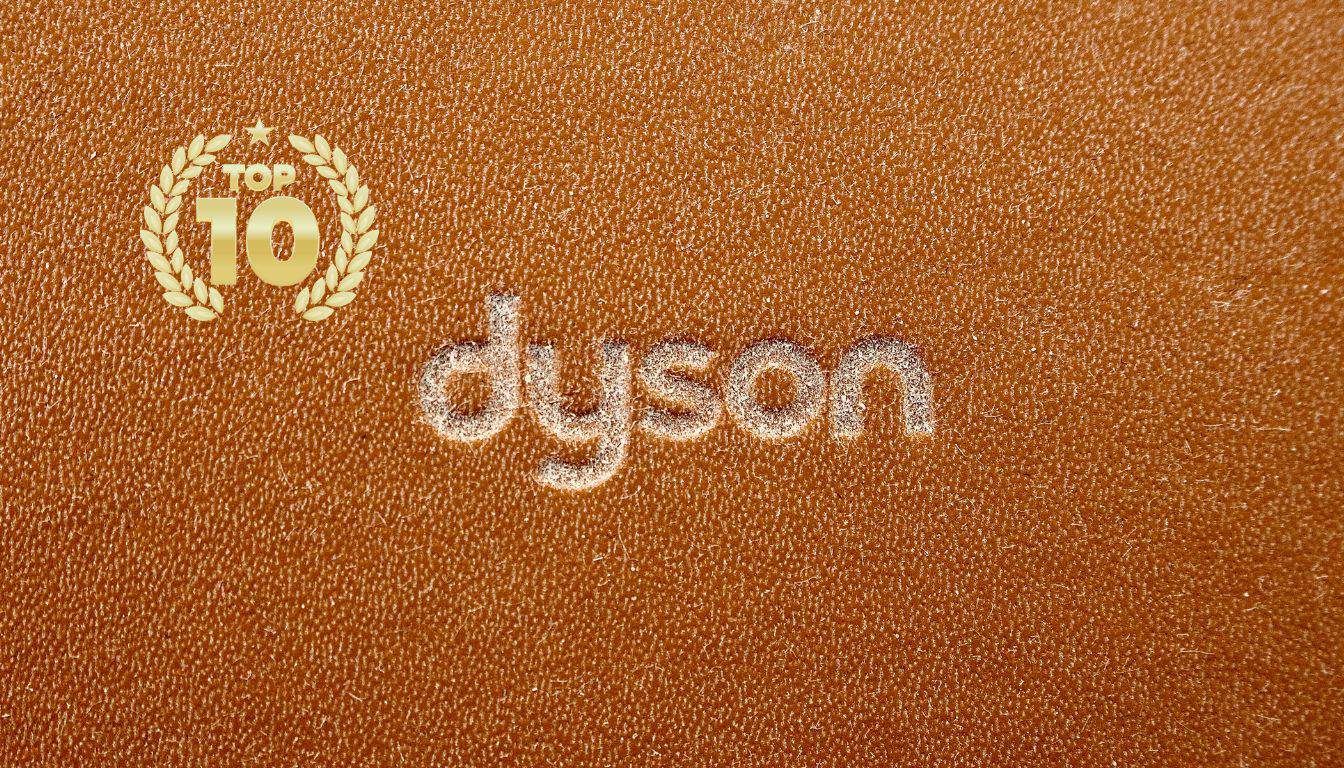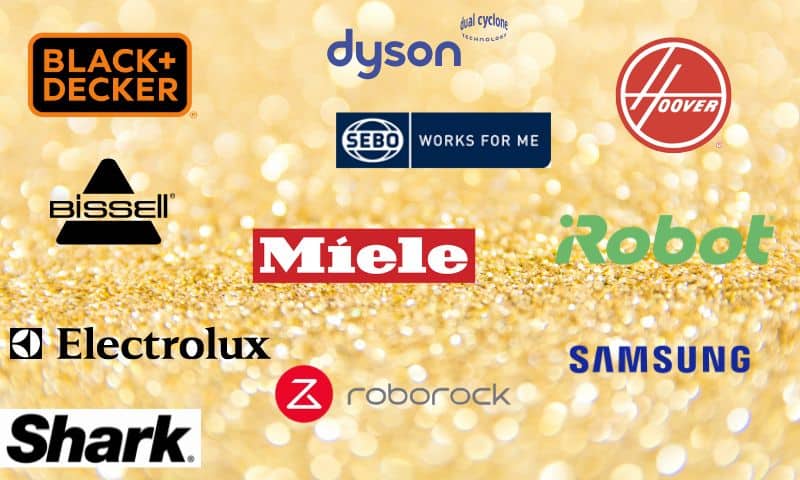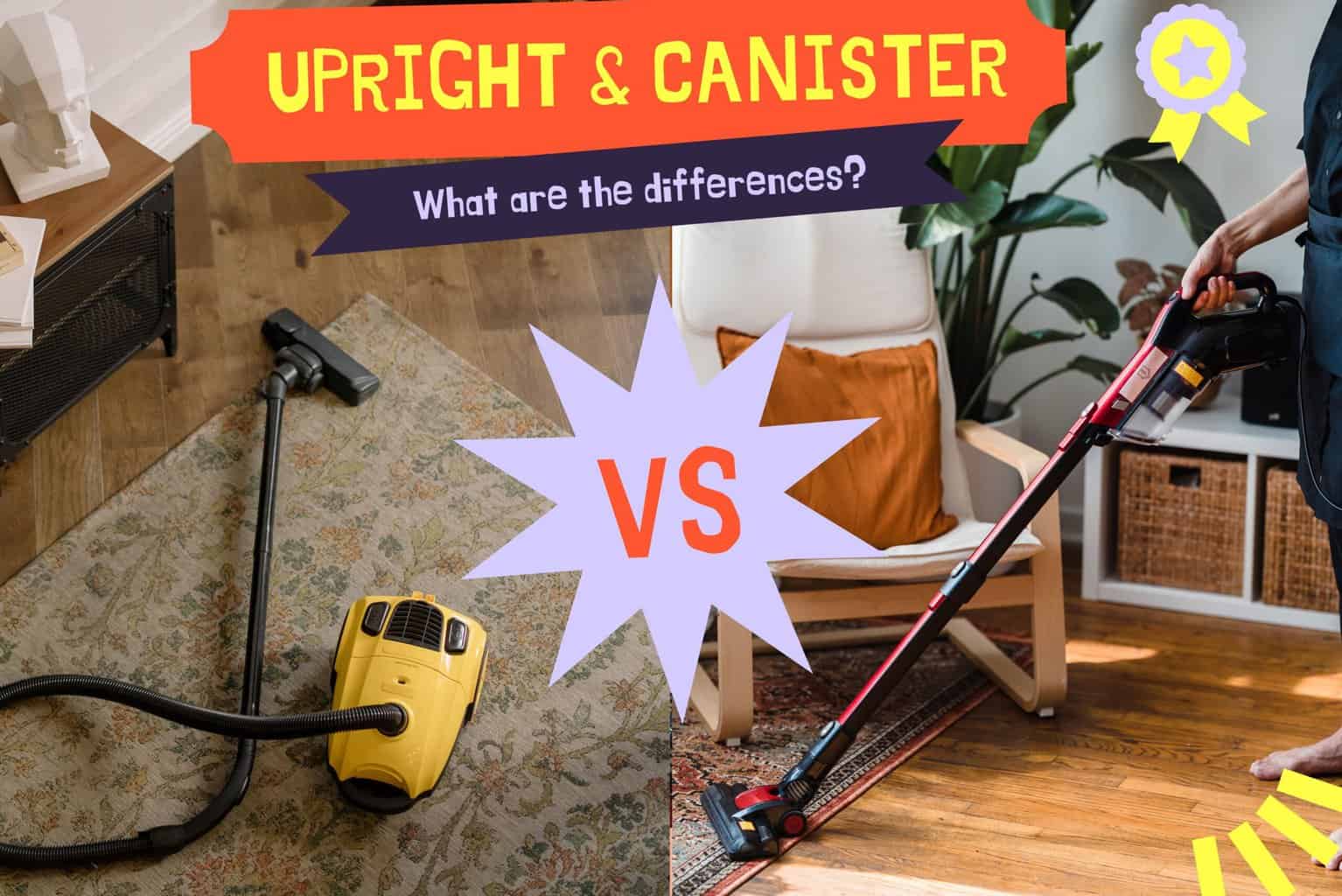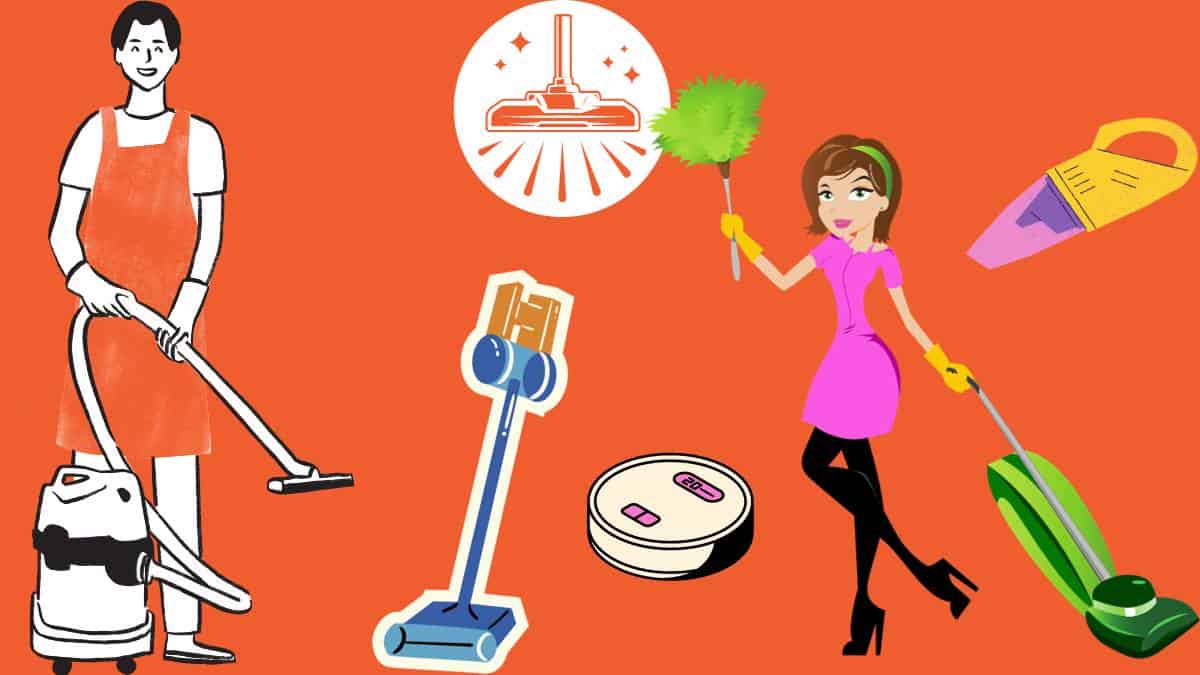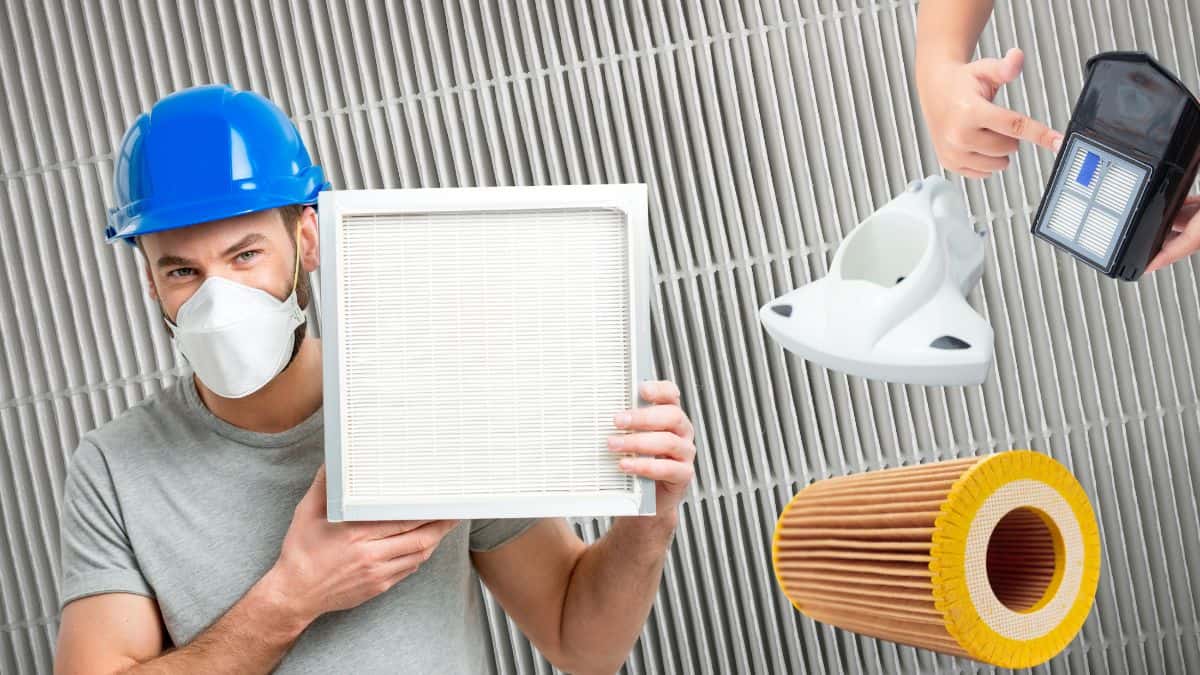
Did you know that indoor air quality can affect the quality of your living?
Over fifty million individuals in the United States suffer from at least one form of allergy. It’s actually the 6th most common chronic disease in the United States. With dust mite allergies, around twenty million Americans suffer. This is why the air quality in your home, where you live at work, sleep, or even work, is crucial.
As well as allergies, one of the most efficient methods to guarantee better, healthier, and cleaner air inside your home is to filter it.
You’ve no doubt come across the term “HEPA filter” many times when researching household appliances, such as air conditioners, air purifiers, and even vacuum cleaners and robot vacuums.
In this article, I will demystify you:
What is a HEPA filter?
What are its different types?
What is its use?
And, Is it effective?
So let’s begin …
Do you really need a HEPA Filter for your home?
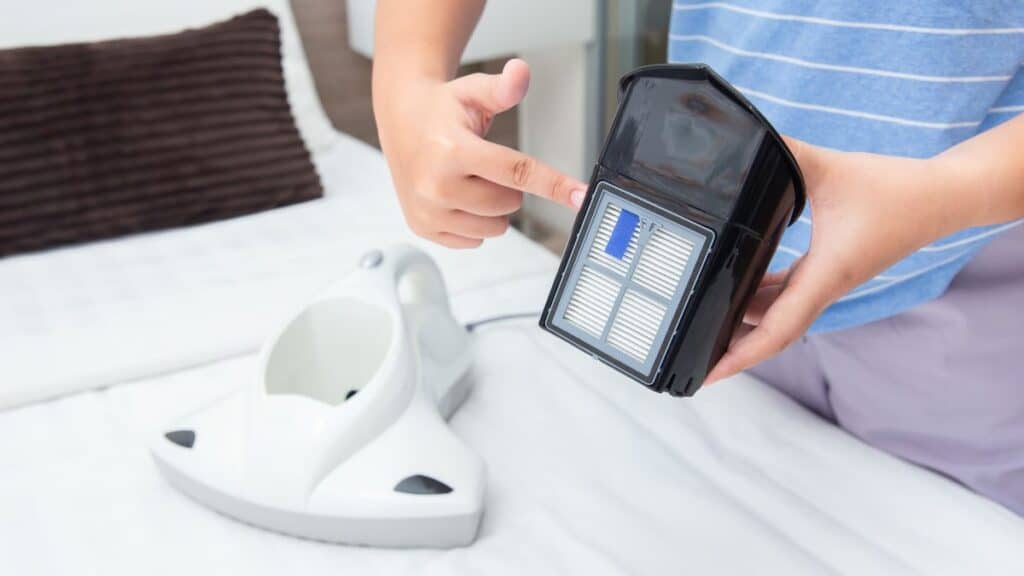
You may be wondering if you should install a HEPA filter.
HEPA filtering is a significant leap over standard filters for residential use.
We definitely recommend improving the air filters at your building or home. However, whether a HEPA filter is needed will depend on the situation.
If someone in your home is suffering from asthma or allergies, investing in a home HEPA filter can help remove particles from the air that could create or worsen those symptoms. It is common for respiratory symptoms to manifest as trouble breathing, sore throats, watery eyes, and coughing from low air quality.
Installing HEPA filters in your home will immediately decrease the number of airborne particles which trigger the symptoms of allergies. If there aren’t a lot of health concerns, then the air filters don’t have to be HEPA-certified, but upgrading to any kind of filter can be beneficial for health reasons.
What Is a HEPA Filter?
HEPA is a shorthand for high-efficiency particulate air. They can capture 99.97 percent of particles smaller than 0.3 millimeters. The fibrosis air filters are an industry standard of efficiency in air filtering and can be used to capture various air pollutants, like mold spores, bacteria, and viruses.
The basic HEPA filters are constructed with borosilicate glass fibers, also known as plastic fibers (also called polypropylene), connected with up to five percent acrylic binder (the substance that bonds latex paint to the house).
There are various types of particulate filters, each one of which is able to capture aerosols (but they can do this through electrostatic or mechanical methods)
Types of HEPA Filters
There are various kinds of HEPA filters. The labeled True HEPA must align with the DOE guidelines for HEPA filtering.
UltraHEPA
Certain brands use UltraHEPA and claim the product to be “100x more effective than HEPA air filters,” capable of eliminating particles as small as 0.003 microns. It isn’t technically feasible and may lead to misleading marketing.
Absolute HEPA
can mean the same concept as True HEPA, but it promises a higher level of filtration (up the range of 99.999 percent in 0.3 millimeters).
True HEPA:
A filter identified as True HEPA must be as close as possible following the DOE’s HEPA air filter standard. With the highest efficiency, it must remove 99.97 percent of particle that are 0.3 microns or fewer. The only label that is True HEPA (and occasionally Absolute HEPA) is of any actual significance, since that is the only label that can declare it adheres to the standards (although there is no proof to support this).
HEPASilent:
Is a trademarked proprietary filter that mixes electrostatic charge with mechanical filters. The charge in this filter is believed to make particles more likely to adhere to the filter fibers.
Permanent HEPA:
Filters that last for a long time are advertised as having the HEPA rating. However, they can be reused and washed instead of replaced. We do not recommend washing HEPA filters since washing them can diminish their effectiveness over time.
HEPA Type:
The term “HEPA” to describe the filter a HEPA Type filter doesn’t necessarily mean anything. It doesn’t meet any standards.
HEPA Like:
Similar to HEPA type, HEPA like cannot be taken to mean that it is in line with the HEPA standard.
The HEPA Standard
When you purchase HEPA filters, you’re not buying an item under the HEPA brand; you are purchasing a filter that can effectively cleanse the air in accordance with HEPA standards.
HEPA is an officially recognized industrial and government (non-consumer) standard by the US Department of Energy (DOE). However, there are other European standards (if you find a HEPA filter with an irrational rating that resembles U16 or H13, this is the European standard in use).
This definition by the DOE of HEPA was created in the 1940s during the Manhattan Project because they needed filters to filter radioactive particles. It’s important to understand that the definition does not specify how the filter should be constructed or what it should be constructed from. However, it states that it has the ability to capture certain types of particles and diameters.
Aside from that, any device that bears the HEPA name isn’t required to undergo any certification via the DOE. Contractors for the government must follow strict guidelines in the installation of HEPA filters in their ventilation systems as well as nuclear installations. They must show that they have met the DOE’s HEPA standard in these instances. But, this approval will not have to be used for commercial products like air purifiers.
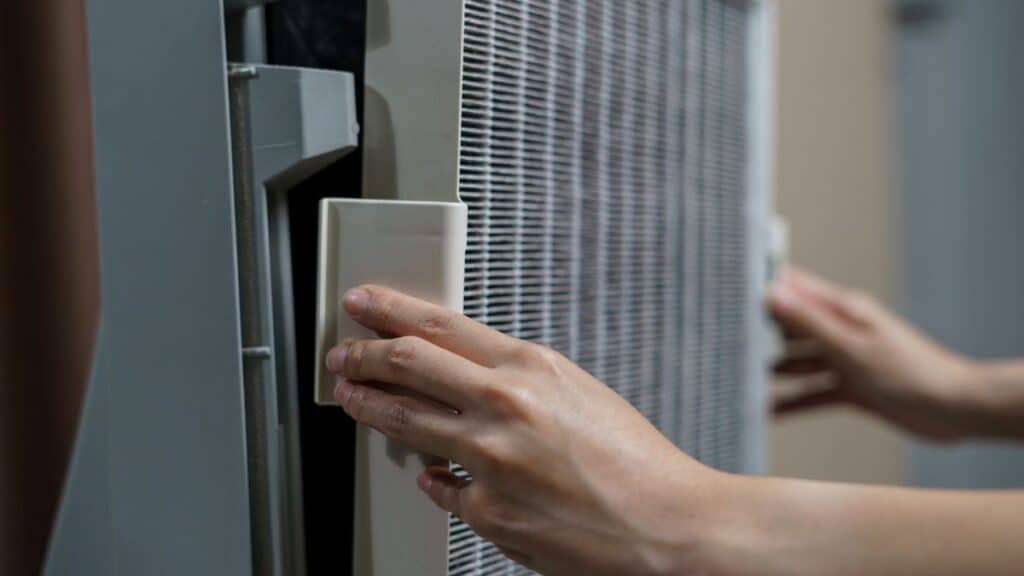
How Do HEPA Filters Work?
To comprehend how the value of HEPA filters can help keep your homes secure, you have to know how they were created. HEPA filter pleats increase the size that the filters cover. The layers of the HEPA filter comprise a web of fibers that are tangled to form a dense web. Air moves through the pleated layers of entangled fibers. Trapping indoor pollutants and particulates the contaminants within the fibers is much easier.
There are many ways in which particles are captured. The four options are interception, sieving diffusion, and direct impaction.
Sieving is when the spaces between these fibers become too large for particles to get between. Infiltration occurs when the particles get into the fibers within the HEPA filter and remain connected to the fibers. Diffusion happens when tiny particles try to pass through the filter but are they are snatched in the filter by fibers. Direct impaction occurs when big particles can enter directly into the filter, collide with the fibers, and become imprisoned.
HEPA filters work because they have multiple filters that actively reduce the number of pollutants being recirculated into the air.
To ensure that your family is protected, you must keep it in good shape by maintaining your home’s HEPA filter. If you don’t change HEPA filters regularly, the contaminants trapped inside may build up and impede or limit airflow, putting a strain on your HVAC system. The filter is also less effective as contaminants pile up, further threatening the air quality in your home.
Doe HEPA Filters Make a Difference in Your Home?
Effective filtration can substantially improve the quality of your inside air. HEPA filters are excellent at cutting down on particles such as dust mites, pet fur mold spores, and pollen. If you’re worried about the presence of these kinds of particles within your home, upgrading the filters in your air will protect your family. Investing in your home’s HEPA filters (or upgrading filters in the first place!) will improve indoor air quality for you and your family members.


